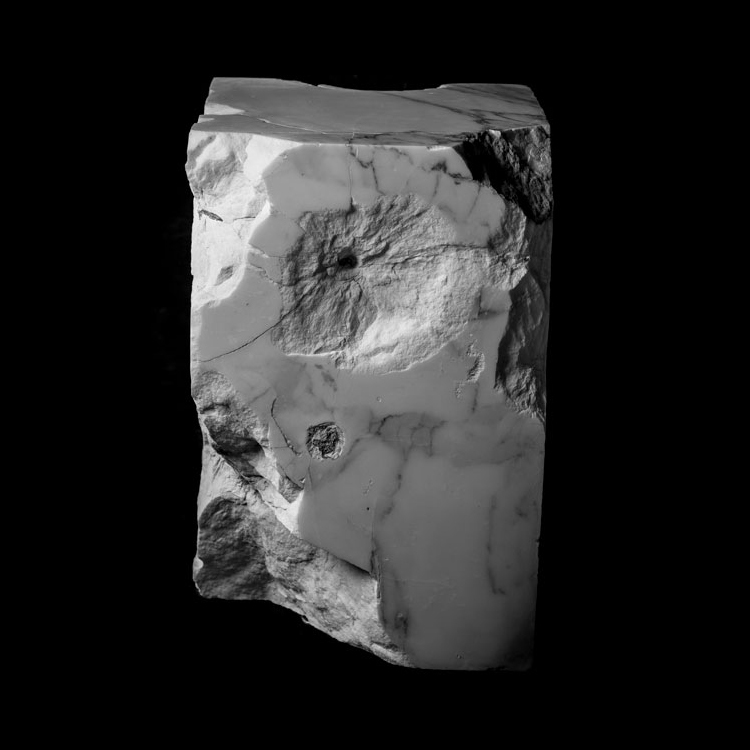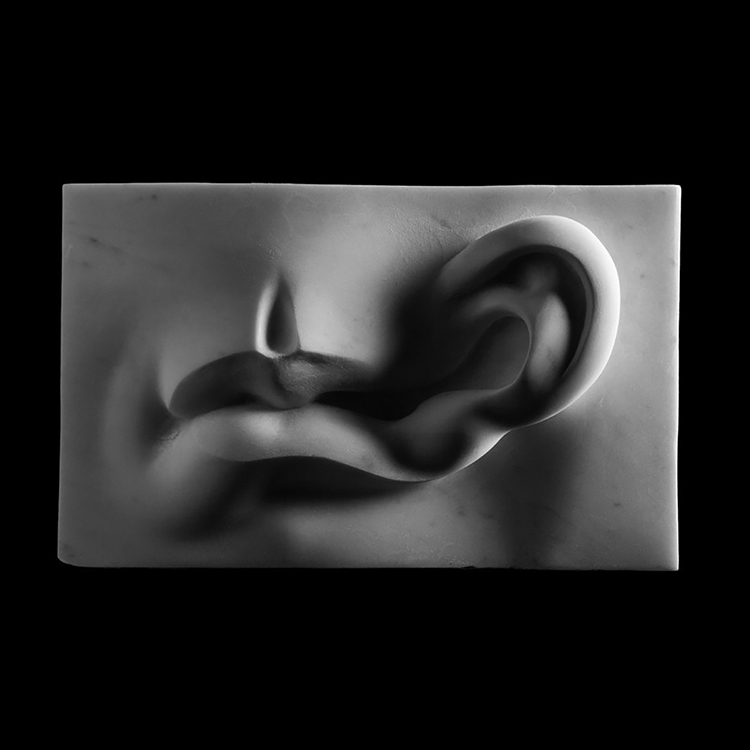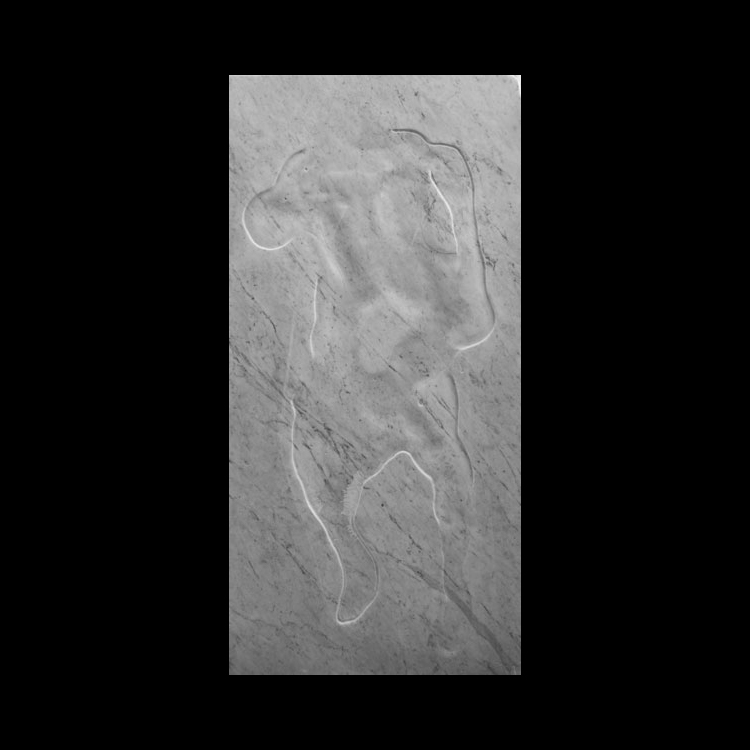Jacques Derrida (1930 – 2004)
Two main topics of violence:
1. All forms of Racism
2.Criticism of bureaucratic and administrative logics of modern institution.
1980s accused of complicity and anti-Semitism. Charged with guilt by association. Attacked as obscurantist and a terrorist. Implicit nihilist, apolitical and anti-moral agenda.
On 9/11: ‘The world order that felt itself targeted through this violence is dominated largely by the Anglo-America idiom, and idiom that is indissociably linked to the political discourse that dominates the world stage, to international law, diplomatic institutions, the media, and the greatest technoscientific, capitalist, and military power’.
Hope for Europe to become separated from its alliance with the United States.
Europe as proponent of ‘democracy to come’.
The current democratic form of the state must be submitted to a constant deconstruction of its institutions and particularly of its relationship to religion and Christianity, to militarism and to a new order of imperialism and unprecedented global violence.
Critic of US domination of the global economic markets, from which an increasing proportion of the world’s population are excluded.
Democracy is the only political system, a model without a model, that accepts its own historicity, that is, its own future, which accepts its self-criticism, which accepts its perfectibility.
Democracy to come, is a promise that one can always criticize, and question that which is supposed to be de facto democracy.
‘Deconstruction is America’. The history of the United States represents the deconstruction of all European ideology and political institution.
Critic of the new order enforced globally by the US through militarism and violence.
In its own territory, the US institutionalises a legal system of extortion and intimidation through populations that voluntarily give up their political rights and freedoms in exchange for bio-political security. (much like the feudal or mafia system of protection).
Daily, every one of its citizens can be at any moment under a priori suspicion of being an enemy of the state.
Kant in Perpetual Peace (1795) concerns barbarous states that routinely violate international laws and become a threat to the security of all nations through their lawlessness and violence.
Europe should form an alliance against the US.
‘America is deconstruction’: The deconstruction of the idea of democracy in its latest historical instance brings forth a universal emancipation of the concept. Repeat and re-establish. Democracy is the only political form that exists without any specific model or ‘proper’ form.
Politics of Friendship (1994): Late 1980s seminars in Paris and Irvine, around the question of friendship and democracy. Aristotle: ‘Oh my friends there is no friend.’
The concept of the Political (Carl Schmidt, 1932): Friend-enemy distinction: the modern political state is founded on this concept. The need to determine the friend as a point of certainty that structures the social field.

































